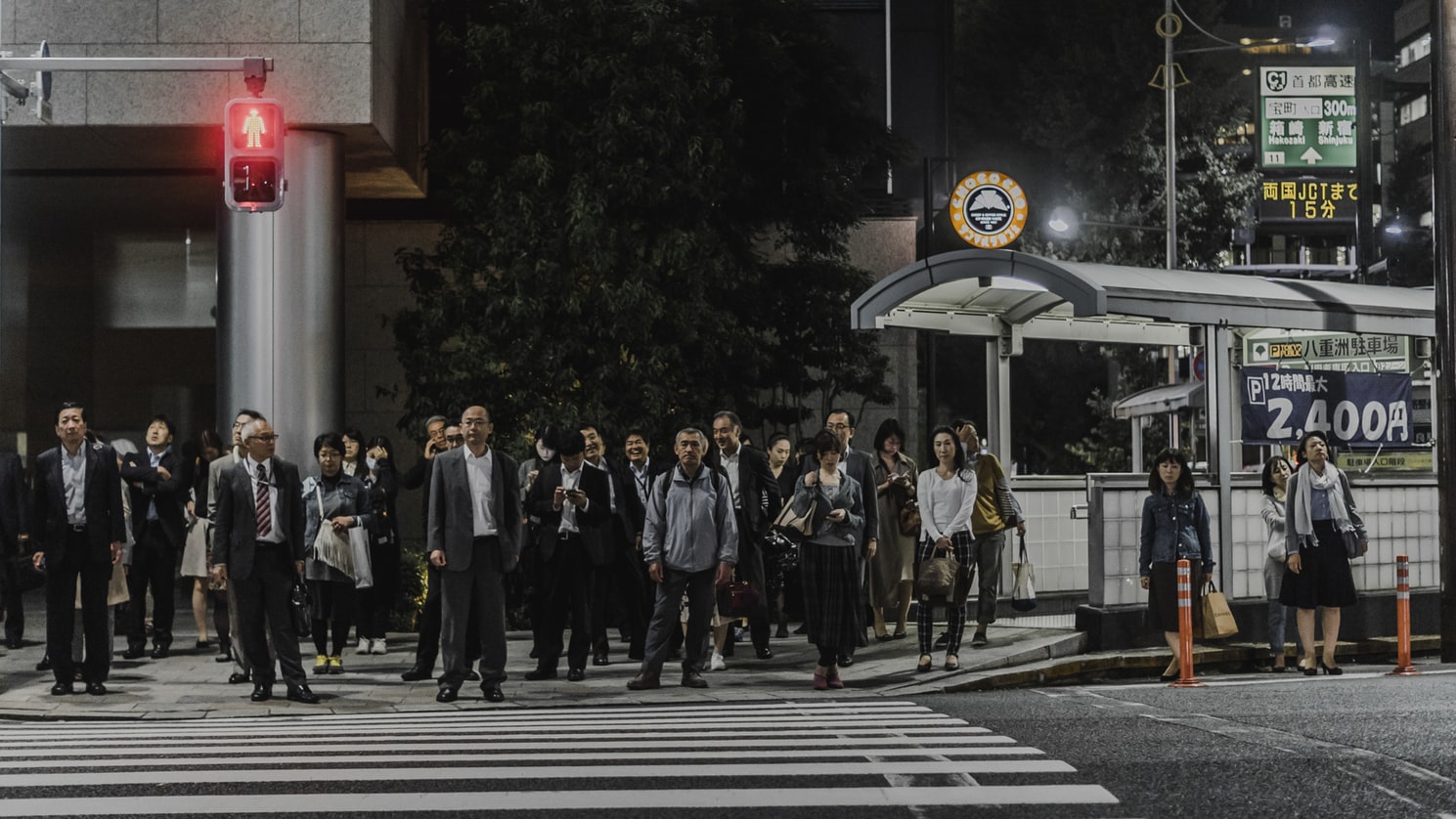日本微軟試辦「週休三日」 生產力反增40%

日本微軟於今(2019)年8月起進行一項實驗,於每週五關閉辦公室,讓約2300名的全職員工多一天有薪假。結果生產力有了大幅提升,若以每名員工銷售額為基礎計算,員工比起去年同月份的生產力提高了將近40%。
Microsoft Japan ran a trial in August 2019, when every Friday it closed the office and gave roughly 2,300 full-time employees a paid holiday. The result was an enormous jump in productivity. Based on sales per employee, workers were almost 40% more productive in the compressed hours of August 2019 as they were the same month a year earlier.
另外,辦公室成本也因此降低,如紙張影印數量與去年同月相比減少了58.7%,電費則減少了23.1%。
日本微軟也鼓勵其他提高生產力的方法,包含限制開會時間在30分鐘以內,並建議與其一直開會,員工應盡可能活用軟體進行線上協作。
Other productivity hacks were also encouraged, including limiting meetings to 30 minutes and suggesting that instead of calling meetings at all, employees could more fully utilize software available for online collaboration.
而放假時間,微軟也鼓勵員工多利用時間參加志工活動、學習與休息,「以利進一步提高生產力與創意」。接下來幾個月,日本微軟也會陸續進行不同的實驗。不過不是像之前的縮短工時,而是鼓勵員工好好休息,並互相分享如何工作、休息與學習的方法。
On their day off, workers were encouraged to make use of the time by volunteering, learning, and taking rest “to further improve productivity and creativity,” In the coming months, another trial will run with slightly different parameters, the blog adds. This trial won’t cut hours in the same way, but rather suggests that employees focus on resting well and coming together to share ideas about how to work, rest, and learn.
而日本微軟此次實驗的重要性在於員工數量龐大,且生產力具有相當顯著的提升。而能夠獲得全世界關注,或許是因為日本的勞動文化特別嚴苛。
Microsoft Japan’s trial is significant because it’s the biggest yet in terms of both staff numbers and the apparent effect on productivity. It’s caught the global imagination, perhaps, because Japan’s work culture is seen as particularly punishing.
如果連日本微軟這麼大型的科技公司,都能透過改變勞動制度而獲得如此驚人的成效,或許能為其他正在和高工時勞動奮鬥中的國家帶來希望。
Microsoft Japan’s four-day week is new evidence that working less is good for productivity原文連結

